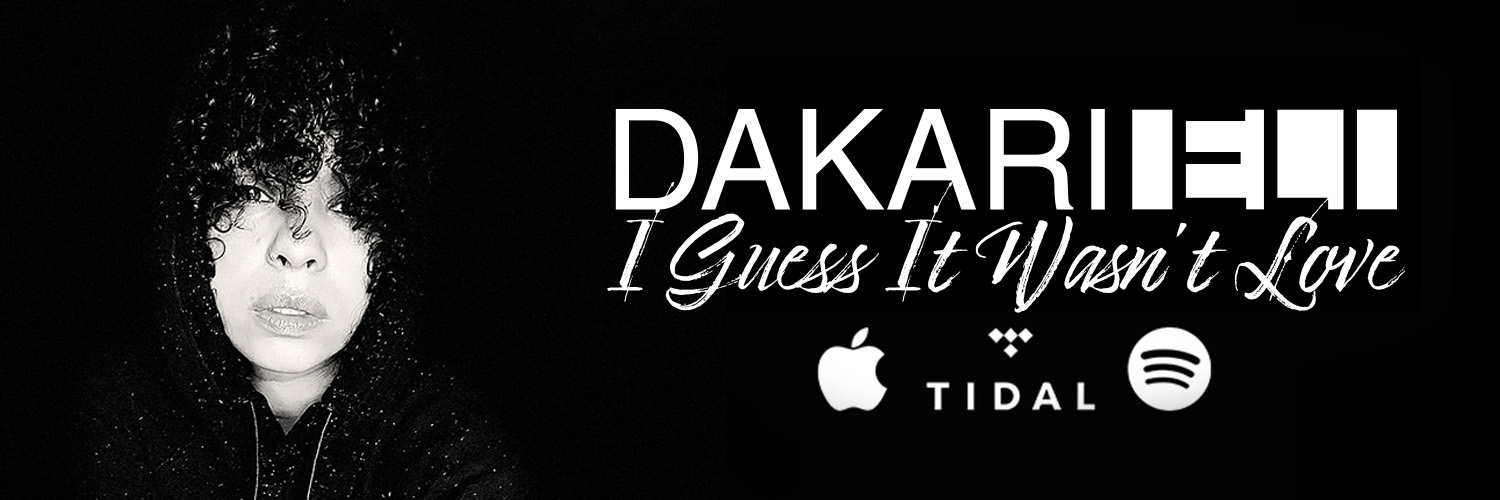
In the entertainment industry, few are as accomplished as Hassan Shareef. Whether working as an A&R and producer for Sony, and Def Jam or supervising music for games, television and films including Training Day, he continues to contribute to the culture.
You were a rapper when you first started your music career, what inspired you to make the transition to a producer?
When I started rapping with my friends from the hood, we were trying to become another Wu-Tang Clan. One of my people had a studio where we would record our demo and when I saw the setup and the beat making process, I fell in love with production and I’ve been doing ever since. I just wanted to make beats and be in the studio all day long creating things from scratch.
With all your accolades and accomplishments, you are the perfect person to clarify the difference between being a beatmaker and a producer.
The difference between a beatmaker and a producer is that a beatmaker just makes beats all day. Producers not only make beats, but they also work on the arrangement of the composition and they are in the studio with the artist until the song is complete. They help the artists formulate their ideas into a completed song. They are more hands-on than a beatmaker who pretty much only makes the beat.
You were an A&R at the legendary Rocafella Records early in your career, how did you land that opportunity?
I had a few friends that were older than me who were working on a freelance street team. I was running around them promoting shows, working on video sets, and things like that. We just so happen to run into Jay-Z and Dame Dash who looking for a street team to promote the single “Ain’t No Nigga” featuring Foxy Brown. Eventually, I had the chance to A&R some projects and served as music supervisor for both State Property films.
You have been a part of a wide range of music and film-related projects and artists, tell us about some of them.
Of course, I’ve done a lot of Rocafella stuff, working Memphis Bleek, Beanie Sigel, and the State Property crew, Outside of that, I’ve worked with Black Rob, Ghostface Killah, Action Bronson, Tiffany Fox, CeCe Peniston, Sevyn Streeter whose project went platinum, Gunplay and Post Malone to name a few.
That’s an incredible resume. Give us some insight into your process and how you approach production.
These days my approach varies based on the project and the situation. If the artists already have a certain direction they want to explore, I will build around it to make sure they’re happy with the end result. Otherwise, I study the sound that is currently winning at the time to make sure that the music we make is competitive with that specific audience. I try to match it or hopefully even do better.
Being in high demand, how do you decide whether a project or client is right for you?
First of all, I hate to say this but I’m a little old school with it because for me, I have to like the music. If I don’t like the music or if I don’t feel like this artist makes good music, I am not going to work with them. Nowadays, it seems like it is more about the lifestyle of the artist, but for me, the music has to speak to me. I have to feel it. Not only that, I have to see a future with you. At this point, I want to work with legacy artists, meaning artists who that they have a future, not a one-hit-wonder then they’re out the door. I want them to have a career so I only to work with artists who are going somewhere.
I wake up every day, living this music shit. doing something to further my brand, my business, my studio towards my goals. I only want to work with people who are going to match my dedication, commitment, and focus. I’m not going to let anyone waste my time and energy.
Last night, I had the opportunity to sit in on one of your listening sessions. The music you played was phenomenal.
I don’t play music for everyone. You have to wow me. You have to make me want to jump out of the building. If you don’t make me do that, I am going to keep my music to myself and hopefully, I will see you down the line.
You have been blessed with a long and successful career. How do you feel about how the music game has changed over the years?
There are always pros and cons to everything. How I feel is that this an excellent time for independent artists. Because as soon as you wake up in the morning, you have the potential to make your music available worldwide, right from your laptop. That’s the beautiful thing about it. You are not as dependent on anyone else to promote you or build your movement.
The downside or the con is that the scene is flooded with a whole lot of outrageous music. I feel because the tools to make music are so accessible, there are more artists with a lot less talent doing it, relying on their lifestyle and social media engagement. I remember fifteen or twenty years ago in hip hop, you couldn’t sound like anyone else. If you sounded like Jay, Biggie or Nas, no one was fucking with you. You had to sound like yourself. You had to be original. You had to be hot. These days, you can be mediocre and get on if you have a certain number of followers.






